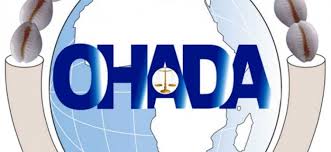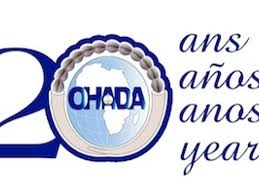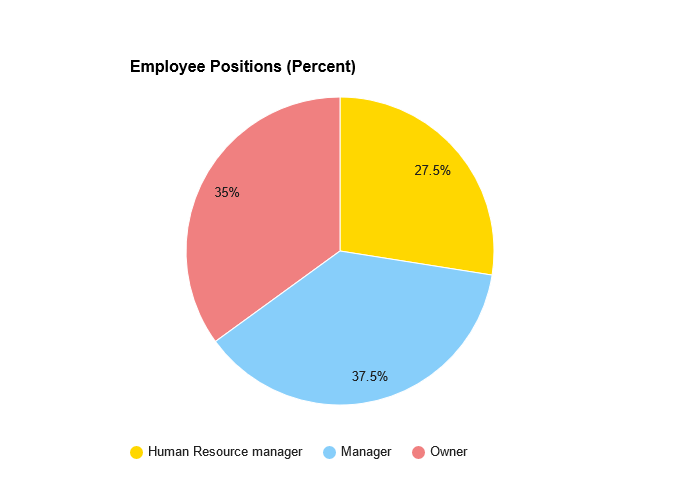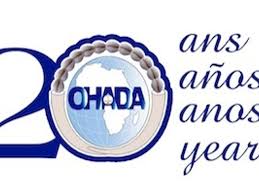
Simplified Recovery Procedures and Enforcement Measures in OHADA Law
The Uniform Act of 17 October 2023, adopted by the Council of Ministers of the Organization for the Harmonization of Business Law in Africa (OHADA), marks a significant advancement in business law for OHADA member states. This act introduces simplified recovery procedures and enforcement measures, aiming to improve the efficiency and fairness of legal processes for businesses and individuals. In this article, we will break down the key components of this Uniform Act, providing a clear and comprehensive overview for those affected by these new regulations.
What is the Uniform Act of 17 October 2023 About?
The Uniform Act of 17 October 2023 is designed to provide a more streamlined framework for the recovery of debts and the enforcement of judgments across OHADA member states. It covers procedures such as injunctions to pay, orders for delivery or restitution, and various protective and enforcement measures. The act seeks to harmonize these procedures to make them more consistent and accessible, thereby reducing delays and costs in legal proceedings.
Key Highlights of the Uniform Act:
- Scope and Definitions:
- The act applies to all injunctions to pay, orders for delivery or restitution, and protective and enforcement measures within OHADA member states. However, it does not govern attachments covered by international conventions or specific attachment procedures for public debts or other protective measures under different Uniform Acts.
- Important terms are clearly defined, such as "agent in charge of the sale," "bids," "garnishee," "overbid," and "provisional writ of execution," among others. These definitions provide clarity on who is involved in the process and what actions are permissible under the new regulations.
- Simplified Recovery Procedures:
- The act streamlines the process for creditors to recover debts, allowing for quicker injunctions to pay or orders for the delivery of goods. These measures reduce the bureaucratic hurdles that previously complicated debt recovery, enabling creditors to act more swiftly in enforcing their rights.
- It also introduces clearer guidelines on the use of various enforcement measures, including the attachment of assets and the enforcement of judgments, whether domestic or international.
- Protection of Debtors’ Rights:
- While the act focuses on facilitating creditor actions, it also includes safeguards to protect debtors. For instance, it specifies the limits on enforcement measures that creditors can use, ensuring that these measures are proportionate and do not unduly harm debtors.
- The act mandates the use of personal service wherever possible, ensuring that debtors are directly informed of any legal actions against them and have the opportunity to respond.
- Modernization of Legal Procedures:
- The act reflects a modern approach to legal enforcement, including the recognition of electronic money and the requirement for transparency in auction processes. This modernization is crucial for adapting to contemporary business practices and ensuring that OHADA law remains relevant in a rapidly changing economic environment.
- It also introduces provisions for provisional writs of execution and protective measures, which allow for faster, temporary enforcement actions in urgent cases, balancing the need for speed with procedural fairness.
Implications for Businesses and Individuals
For businesses, the new act means a more predictable and efficient legal environment for recovering debts and enforcing judgments. This predictability is essential for maintaining cash flow and managing financial risks, especially for small and medium-sized enterprises that may lack the resources to navigate complex legal processes.
Individuals, particularly those who may face enforcement actions, benefit from enhanced protections that ensure fairness and transparency. The act’s emphasis on clear communication and reasonable enforcement measures helps protect individuals from excessive or unjust legal actions.
Why This Matters
The Uniform Act of 17 October 2023 is a major step forward in the harmonization of business law across Africa, reflecting OHADA’s commitment to creating a more unified and efficient legal framework for its member states. By simplifying recovery and enforcement procedures, the act aims to reduce the legal uncertainties that can hinder economic growth and investment in the region.
This act is not just about legal technicalities—it’s about creating a fairer, more efficient system that benefits everyone, from large corporations to individual citizens. Understanding these changes is crucial for anyone involved in business or legal matters within the OHADA region.
Stay informed about the latest developments in OHADA law by checking back regularly for more articles on this topic. To better manage your accounting needs under the new legal framework, download the OHADA accounting app from Solafide.tech or register for our cloud-based services at Accounting.Solafide.tech. Stay ahead of the curve and ensure your business is compliant with the latest regulations!
Disclaimer
The information provided in this article is for general informational purposes only and does not constitute legal advice. Laws and regulations can change, and their interpretation may vary based on specific circumstances. Readers are advised to consult with a qualified legal professional for advice tailored to their individual situation. Solafide and its affiliates are not responsible for any actions taken based on the content of this article.










